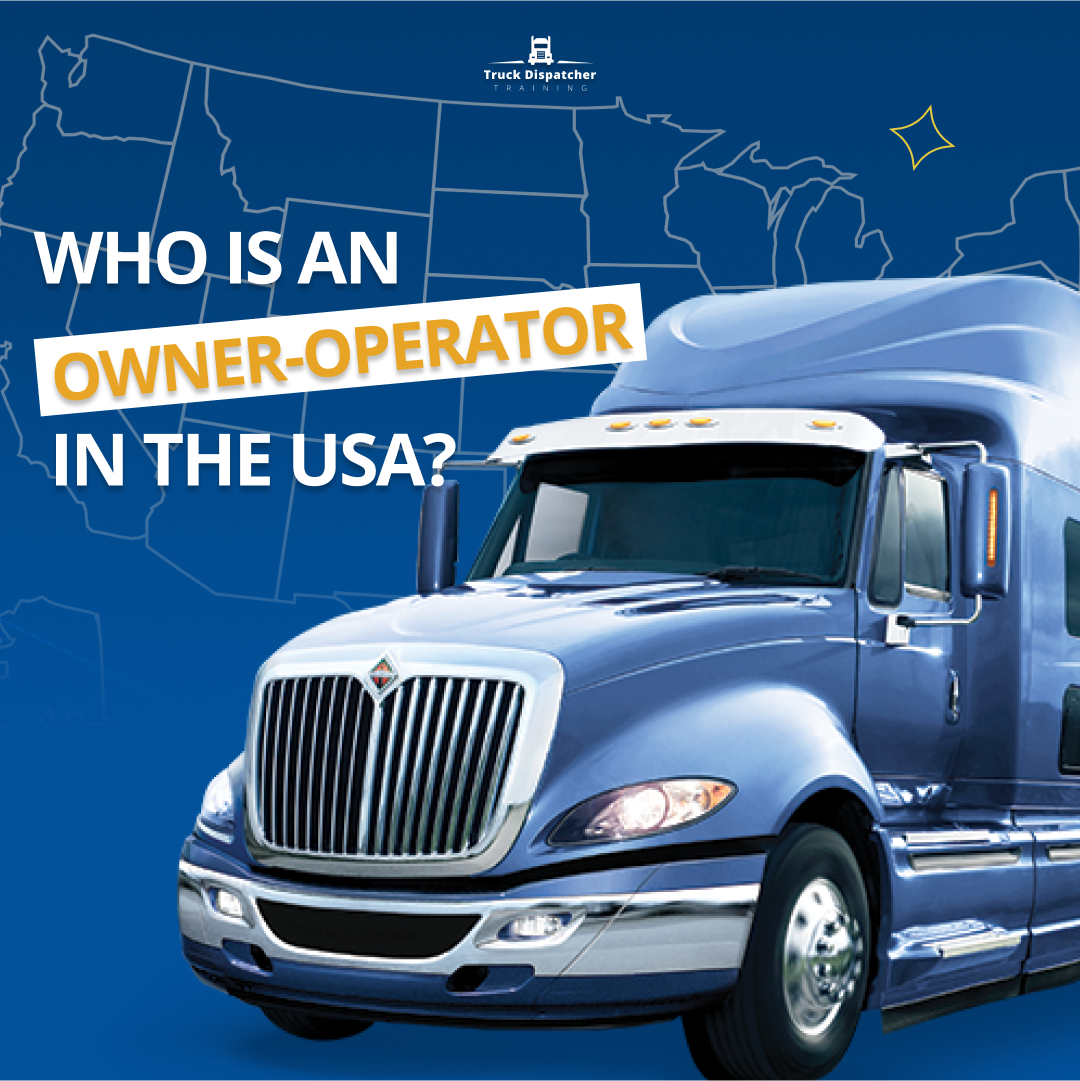
Who is an owner-operator in the USA?
In the modern logistics sector of the United States, the role of owner-operator plays an important role. An owner-operator represents a company or a private entrepreneur who owns and manages logistical assets and infrastructure. In this article, we will discuss the role of owner-operators in the U.S. logistics industry, their functions, and their impact on the efficiency and development of the sector.
The Role of Owner-Operator
An owner-operator is a key player in the U.S. logistics industry. They possess and control various logistical assets such as transportation vehicles, warehouses, terminals, and technological solutions. Owner-operators can be both large logistics companies and private entrepreneurs who own and manage their own logistical assets.
Functions of Owner-Operator
Owner-operators perform several key functions in the logistics industry. Firstly, they ensure the availability and access to necessary logistical resources, such as transportation vehicles and warehouses, which are the foundation of efficient cargo delivery. Owner-operators are also responsible for maintaining and upgrading their logistical infrastructure to guarantee its reliability and compliance with customer requirements.
Moreover, owner-operators play a crucial role in managing logistical processes. They determine optimal delivery routes, plan and coordinate freight transportations, control inventory, and ensure the smooth operation of the logistics chain. Owner-operators also deal with risk management and problem-solving related to logistical operations.
Impact of Owner-Operator on the Logistics Sector
Owner-operators influence the development and efficiency of the logistics sector in the United States. Their role in ensuring the availability and access to logistical resources is crucial for ensuring the efficiency and competitiveness of logistical operations. The quality and reliability of services provided by owner-operators impact customer satisfaction and their loyalty to the companies.
Owner-operators also contribute to innovation in the logistics industry. They implement new technologies and working methods to enhance efficiency, reduce costs, and shorten delivery timeframes. Owner-operators play an important role in the development of logistics standards and practices, contributing to the growth of the industry and increasing its competitiveness in the global market.
An owner-operator is a key participant in the U.S. logistics industry. Their role in ensuring the availability of logistical resources, managing logistical processes, and fostering innovation is crucial for the development and efficiency of the sector. Owner-operators play a vital role in ensuring the efficiency and competitiveness of logistical operations in the United States.
Our latest posts

Start your own truck dispatch business with expert tips and tricks| Truck Dispatcher Training
In our new video, we dive into the exciting world of trucking logistics in the USA. Our host sits do...

Effective methods of self-development in your career
Self-development is a vital aspect of one’s career growth and overall well-being. In todayR...

Modern training methods for freight dispatchers
In the fast-paced world of modern freight transportation, dispatchers play a critical role in ensuri...